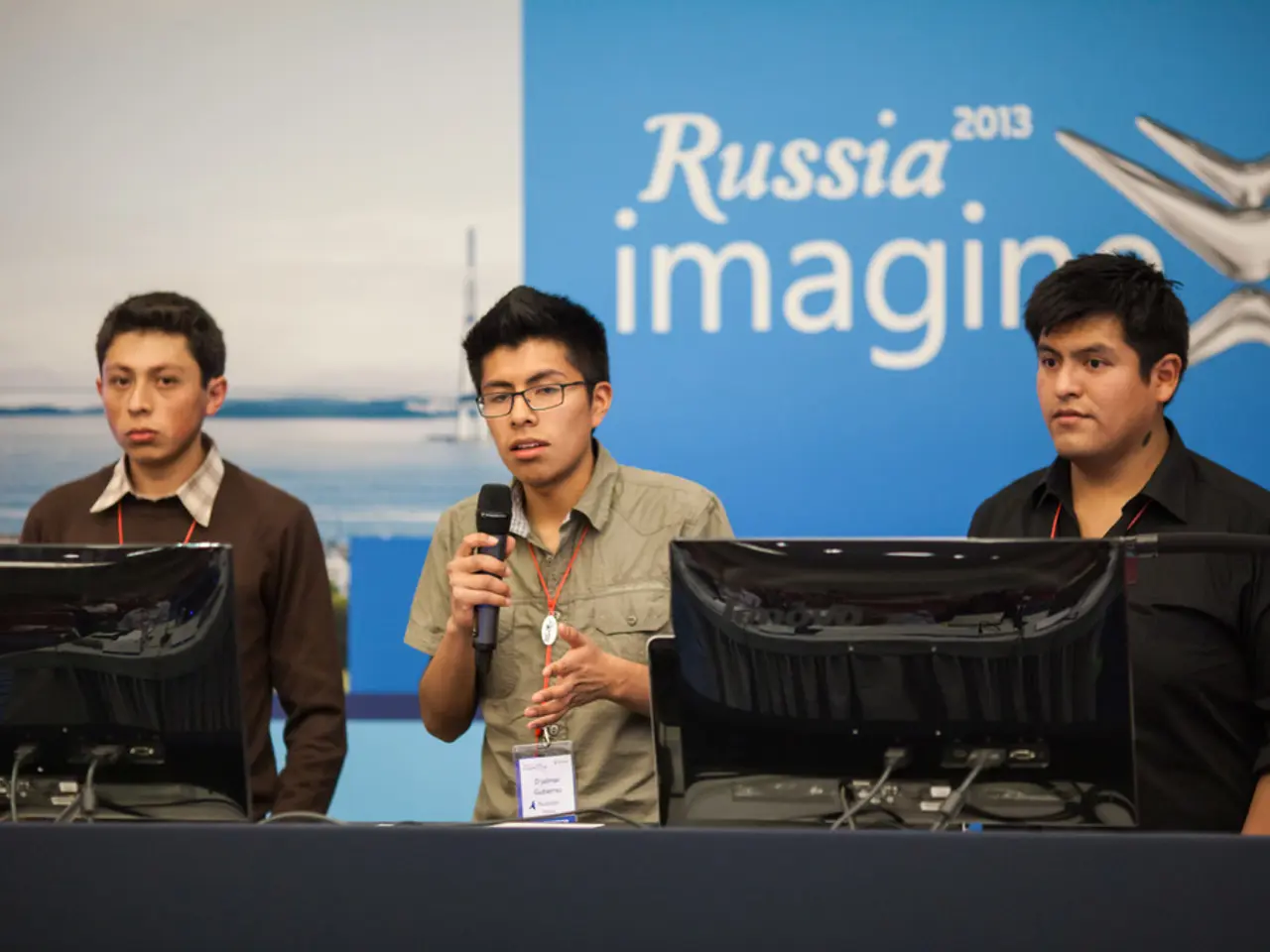Kazakh companies' Russian workers are ordered to remit NDF payments for the years 2022 and 2023, as dictated by the Federal Tax Service.
Russian tax residents working for Kazakh companies are facing complications in offsetting foreign taxes due to recent developments in taxation policies. Despite the Convention on the Elimination of Double Taxation between Russia and Kazakhstan, signed in 1997, Russian authorities have taken a stance that may complicate the process of avoiding double taxation.
According to the treaty, taxes on employment income should be paid in the country where the work is performed. However, Russian tax authorities have begun treating employment by Kazakh companies as remote work performed from Russian territory, potentially subjecting it to Russian taxation at a rate of 13% or more for high earners. This approach means that even if Russian citizens have paid taxes in Kazakhstan, they may still be liable for Russian taxes.
The ability to offset foreign taxes depends on the specific provisions of the double taxation treaty and how it is interpreted by Russian tax authorities. Typically, such treaties allow for the offset of taxes paid in one country against tax liabilities in another, but the recent actions by Russian authorities suggest they may not fully respect these offsets if they classify the work as performed in Russia.
Kazakhstan, on the other hand, automatically withholds IIT at a rate of 10% from non-residents, with the tax rate ranging from 5 to 20%. If an employee performs their work in Russia, they must pay Russian NDFL. For other employees, the place where the tax on income is paid is determined by the country where the employee was located when they performed their work.
Recent changes in Kazakhstan include the introduction of "golden visas" on May 5, 2023, allowing non-residents to obtain a residence permit for up to 10 years with a minimum investment of $300,000 in the country's economy. However, these changes do not directly affect the taxation situation for Russian tax residents working for Kazakh companies.
The Federal Tax Service of Russia (FTS) is planning to automatically identify non-resident taxpayers from 2025, which may further complicate the taxation situation for Russian tax residents working for Kazakh companies. The FTS is demanding that Russians who worked for Kazakh companies in 2022 and 2023 pay income tax (NDFL) in Russia at the full rate.
Given these changes, individuals affected by these new taxation policies should consult tax advisors to understand their specific obligations and potential tax credits under the prevailing interpretation of the treaty. It is crucial to stay informed and seek professional advice to navigate these complex taxation issues.
[1] The 13% or more tax rate for high earners refers to the additional progressive tax rates that apply to income above certain thresholds in Russia. [2] This information is based on the bullet points provided and may not reflect the most current or comprehensive tax laws and policies. It is always advisable to consult a tax professional for accurate and up-to-date information.
Business owners and finance professionals should closely monitor and adapt to the evolving taxation policies affecting Russian tax residents working for Kazakh companies. Under the current interpretation, employment by Kazakh companies could potentially be subjected to Russian taxation, even if taxes have already been paid in Kazakhstan, potentially leading to double taxation. This situation requires thorough understanding and navigation through the specific provisions of the double taxation treaty, which may not fully respect offsets if the work is classified as performed in Russia.




